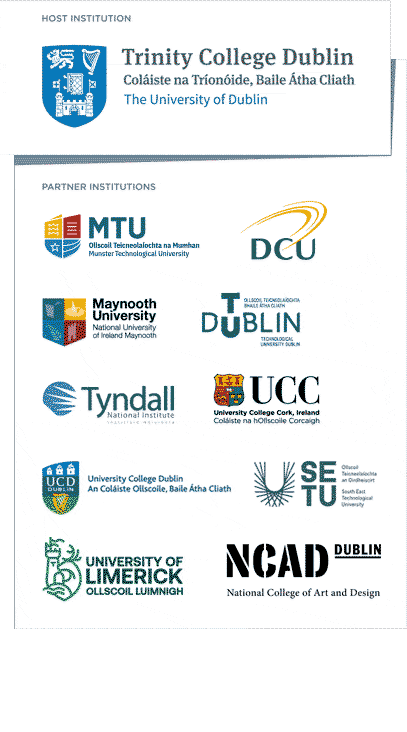
CONNECT Researchers are creating new ways to make sustainable IoT systems. This paper explains how to use Bayesian Game theory for IoT networks. In standard game theory, players have complete knowledge about the game and each other’s strategies. However, in Bayesian game theory, players have uncertain or incomplete information about the different types of players.
Title: Transmit Power Optimization of IoT Devices over Incomplete Channel Information
Authors: Nirmal D. Wickramasinghe, Indrakshi Dey
Conference: IEEE GLOBECOM 2023
What’s this paper all about?
We know, that Internet of Things (IoT) devices are interconnected with each other via a central hub (gateway) and then, giving rise to massive wireless sensor networks. This paper explores the importance of adapting to user movements while using efficient resource allocation strategies to ensure optimal performance in IoT architecture. When smart devices like thermostats or sensors send signals to the gateway, they might affect each other’s signals. We call this communication “uplink.” Simply put, we’re trying to figure out how these device signals relate to each other. Here, we’re using Bayesian game theory as our main tool to create smart and efficient algorithms for small and lightweight IoT devices. These algorithms help IoT devices to handle the challenge of not knowing the conditions in communication media (channel information) among themselves.
What exactly have you discovered?
What we have discovered is that game theory is more suitable to propose solutions for resource allocation in IoT networks due to the self-ability of capturing user interactions or interrelations among devices. Especially, Bayesian strategies give us an added benefit to implement clever algorithms that can predict the lowest power levels needed in IoT networks. In our research, we highlighted a remarkable property in Bayesian game theory: There exists a unique solution or equilibrium point as the optimal point in our proposed problem and graphically illustrated. This makes it easier to implement lightweight algorithms due to the convergence for a unique optimal point in the proposed power optimization problem. Additionally, We found that the proposed game theoretical approach is probably the best way for artificial intelligence methods to smartly adapt to the dynamics in IoT networks. Lastly, we showed the ability to capture interrelations among different transmit signals even when dealing with incomplete channel information.
So what?
This is a unique solution to build up a highly efficient algorithm for low SWaP (Size, Weight, and Power) IoT devices for power allocation in an optimal way. Although the IoT network has incomplete channel information, the proposed solution gives the exact solution to find the minimum power consumption of IoT devices. Therefore, we can recommend robust power management solutions for IoT devices that can adeptly make optimal power decisions in real time with minimal errors.
CONNECT is the world leading Science Foundation Ireland Research Centre for Future Networks and Communications. CONNECT is funded under the Science Foundation Ireland Research Centres Programme and is co-funded under the European Regional Development Fund. We engage with over 35 companies including large multinationals, SMEs and start-ups. CONNECT brings together world-class expertise from ten Irish academic institutes to create a one-stop-shop for telecommunications research, development and innovation.
Paper HighlightResearch Highlights


